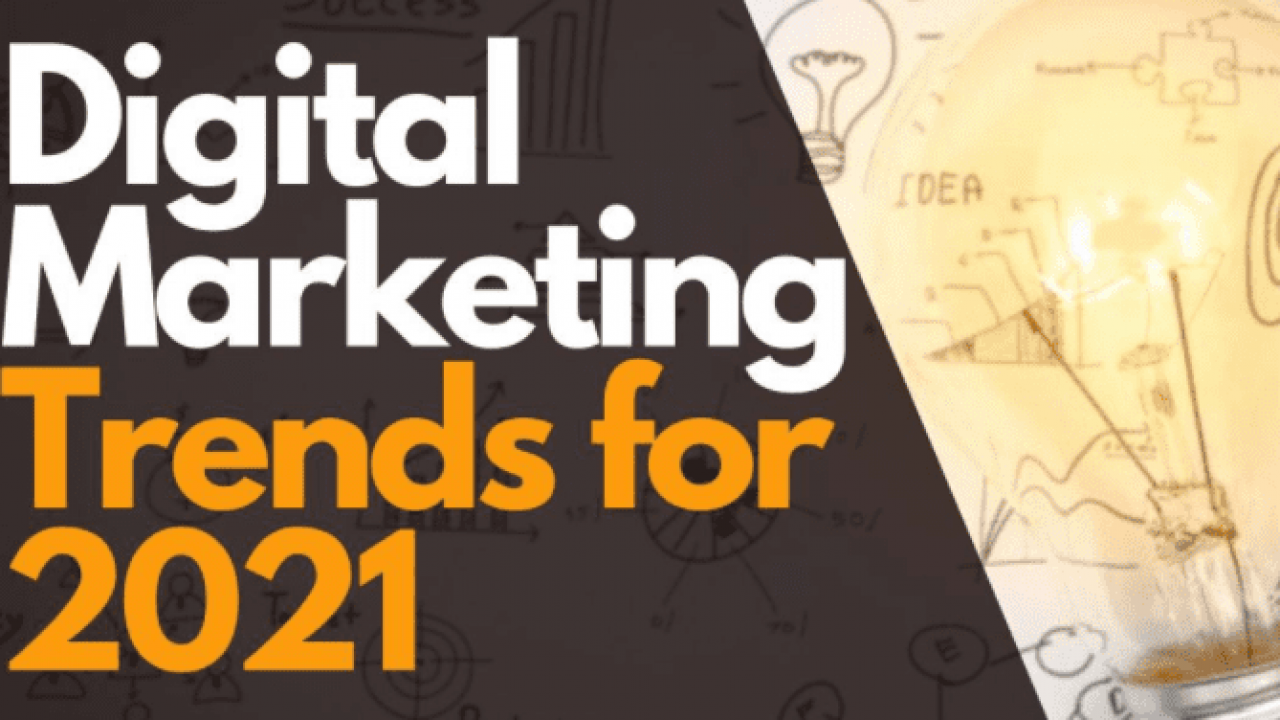Keeping up-to-speed with the latest digital marketing trends is no easy task, with the industry continuing to evolve at a frantic pace.
Whether you use the services of an in-house team or SportsHabit, a global digital marketing agency, your business must adopt innovative techniques to promote its goods or services.
Shifting consumer behaviour and advancements in technology are amongst a plethora of factors that are currently impacting the marketing landscape.
With the New Year fast approaching, we take a closer look at some of the trends to follow in digital marketing throughout 2021.
eCommerce Advertising
The move towards a digital-first culture for consumers undoubtedly presents numerous challenges for businesses when it comes to their marketing strategy.
It was not too long ago that broadcast outlets and printed media were viewed as the ‘go-to’ platforms for most marketers, but this is no longer the case.
The growth of eCommerce presents an excellent opportunity for companies to cash in by using targeted marketing to appeal to what is a captive audience.
Advertising via online sites has increased massively in recent times, and analysts have forecast that it could grow by up to one-third during 2021.
The data generated by eCommerce platforms is hugely informative to marketers, allowing them to effectively target their campaigns and secure a greater return on investment.
Agatha Soh, Regional Head of Marketing, Shopee, told Warc.com that the shift to digital would have an impact on brand strategy and media investment in the future.
“Habits formed over the last few months, such as familiarity with online shopping will heavily impact consumer preferences in the months and years to come,” she said.
“We’re only at the early stages of this growth. For brands and marketers, eCommerce, and in particular mobile commerce, is no longer a nice to have, but an essential touchpoint to tap into this opportunity.
“As we shift into the next normal, we expect a shift in consumer priorities and traditional retail experience to change as well.
“Hence, it is important for us to stay abreast of consumer trends and work with brands and sellers to ensure that we deliver the most relevant experience to engage buyers.”
Socially Conscious Audience
Some businesses have already started to incorporate socially conscious practices into their operations, and many more will follow suit over the coming year.
Companies who are active in areas such as social justice, inclusivity and mental health will be best placed to capitalise on the growing desire amongst consumers to engage with these types of firms.
Social media is a key driver in promoting this ethos, with people increasingly keen to see open and transparent digital communications on these platforms.
This point not only applies to commerce, but also the public sector, with social providing organisations with tools they can use to engage people and build trust.
Joanne Sweeney, Chief Executive Officer of the Public Sector Marketing Institute, says that the rise of the socially conscious audience presents some difficult challenges.
“Citizens care about transparency and will speak up for the issues that matter to them,” Sweeney said. “Their voice is potentially going to be louder and heard more than the government, political sphere or the public sector voice. So, it is important that we allow those people to speak, but more importantly we must listen.
“The big prediction for 2021 is that the rise of the socially conscious audience is going to have a deeper footprint on social media. For the government and public sector, you can align yourselves with those voices that are in tune with what your policies are.”
AI to Inform Connected TV Marketing
The rise of streaming services such as Netflix, Hulu, Amazon Prime Video, Roku and YouTube offers organisations a wealth of digital marketing opportunities.
The current year has been extremely profitable for connected television, and this seismic shift in consumer habits is sure to attract the attention of advertisers.
More marketing budgets will be directed to connected TV as the sector develops, providing the brands that are quickest to react with the chance to capitalise financially.
Artificial intelligence (AI) will play a key role in driving marketing activities in this area – a point supported by Amobee Director of Solutions, Dillen Alahendra.
“Marketers spend a significant amount of time planning and allocating appropriately based on limited resources and data,” he said.
“AI provides an advantageous edge to marketers by making sense of patterns, data and algorithmic applications to drive more informed decision-making in a converging media world.
“When brands and agencies can understand the performance of different channels in real time due to machine learning and regression modelling, they’ll have the ability to optimise in real time as well, and provide better experiences for consumers across all channels from TV, digital and social.”

Leave a Reply